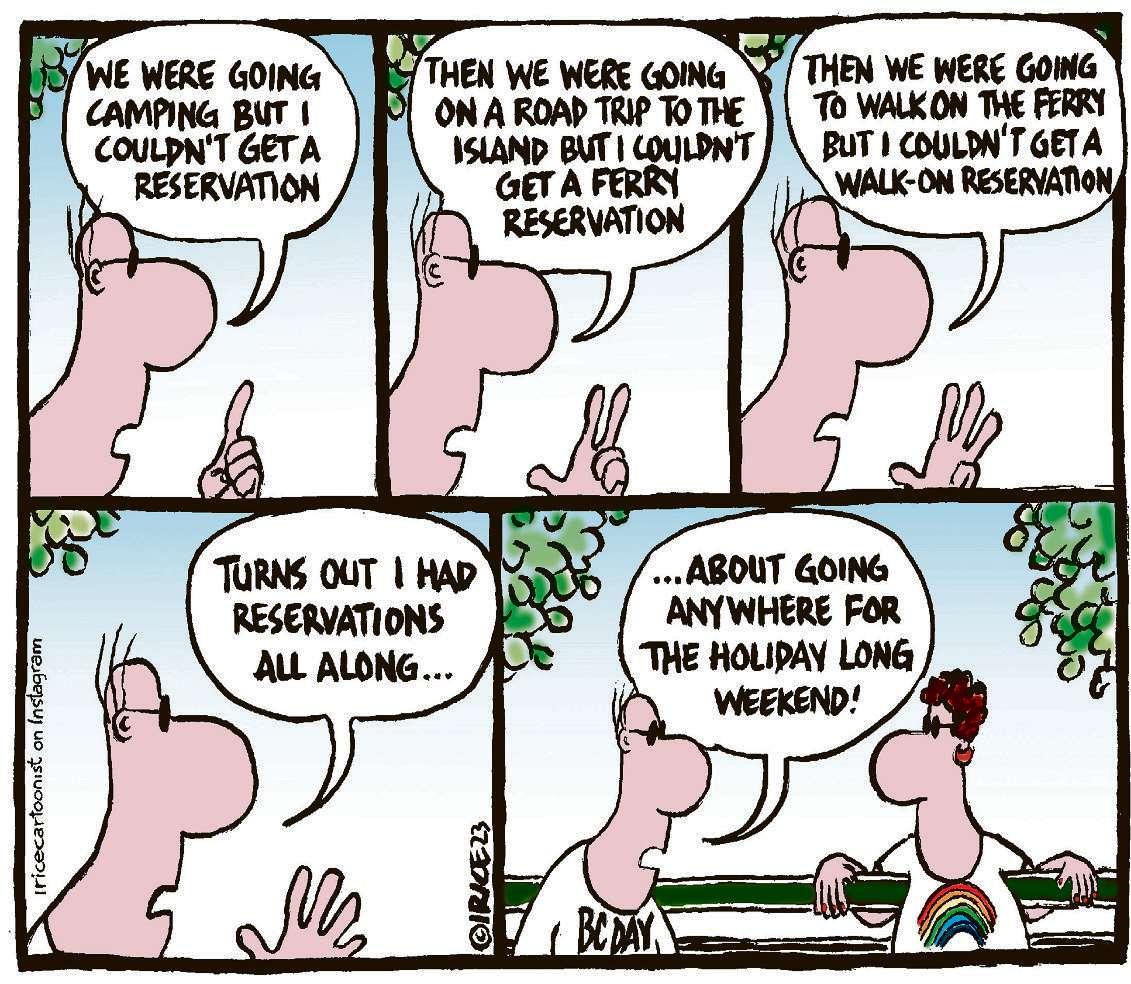
2 minute read
Delta approves new agriculture plan
PHIL MELNYCHUK
Contributing
Advertisement
Writer


Delta farmers can feel a bit better now that a new water irrigation intake pipeline is part of the city’s new Delta Agricultural Plan.
Staff will start a feasibility study for the pipeline, according to the new plan approved at council’s July 24 meeting.

According to a staff report accompanying the plan, farmers had a “high degree of concern ” about possible loss of farmland as a result of flooding, increased salinity, extreme heat and erosion. Installing a second irrigation intake pipe could mitigate those concerns.
“It was a really great process to work through with staff,” Coun. Alicia Guichon said of the plan. “We were able to get lots of feedback not only from farmers and producers, but also residents of Delta”
There’s lots of support for farming, in Delta, she added.
Installing a second irrigation pipe farther upstream on the Fraser River would help farmers avoid the salt water that moves up the river in late summer
Council unanimously approved the 80-page document that sets out how the city can strengthen long-term viability in farming and shows how the city can play its role.
The plan notes that based on 235 farms in Delta, the average age of farmers in Delta is 57 years, but only a fifth of them have a written succession plan that will spell out how the farm keeps operating after retirement.
That could allow the city to support second residences on farm properties, the plan adds
It notes there’s now a trend away from centralized processing of farm products and more on-farm processing
As house prices rise, so too does the price of farmland, which has almost doubled since 2011, to a 2020 price for an acre of $100,800 That makes it “ prohibitively expensive” to buy farmland, the plan notes.
When it comes to climate change, the plan predicts that winter frosts will disappear in Delta by 2050. A modest rise in rainfall is also predicted, with drier summers and wetter winters.
Higher freshet levels in the Fraser River, earlier in the season, will reduce flow in the summer.
Rising sea levels could contribute to salt water moving farther up the Fraser River sooner, making the water unusable for irrigation, hence the need for a second water intake.
“Climate change is also expected to create water-scarcity events during the hotter months when the Fraser River is running at lower levels,” said the plan
By 2100, sea levels are expected to have increased by a metre.
The agricultural plan has four goals that it says will support farming:
• support farming through policy and regulations
• continue to prioritize farming in infrastructure planning and maintenance
• encourage communication, education and celebration of Delta farmers
• promote sustainable farming practices.
Published every Thursday by the Delta Optimist, a division of LMP
Publication
Limited Partnership
5008 47A Avenue, Delta, BC V4K 1T8
Phone 604-946-4451
Deliveries 604-946-5171 wwwdelta-optimist com
PUBLISHER
Pierre Pelletier ppelletier@delta-optimist com
EDITOR: Ian Jacques ijacques@delta-optimist com
REPORTERS
Sandor Gyarmati sgyarmati@delta-optimist com
Mark Booth mbooth@delta-optimist com
PHOTOGRAPHER: Jim Kinnear jimgkinnear@netscape.net
DIGITAL SALES MANAGER
Marianne LaRochelle mariannel@glaciermedia ca
SALES REPRESENTATIVES:

John Gallinger jgallinger@delta-optimist com
Ruth VanBruksvoort rbruks@delta-optimist com
Lee Fruhstorfer lfruhstorfer@delta-optimistcom
John Avdic javdic@delta-optimistcom
SALES SUPPORT:
Linda Calendino lcalendino@delta-optimist com
DISTRIBUTION
Kristene Murray 604-946-5171 kmurray@glaciermedia ca
Roya Sarwary rsarwary@delta-optimist com
CLASSIFIED
604-444-3056 classifieds@van.net
Canadian Publications Agreement #212490
Thursday s circulation is 17 500
This paper is made of 40% recycled newsprint and printed using vegetable inks









